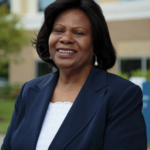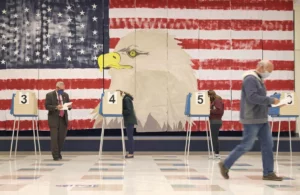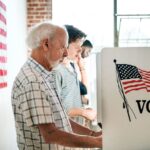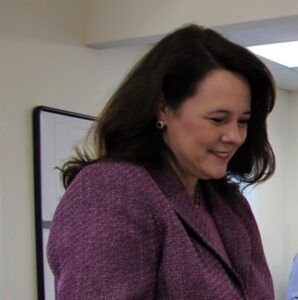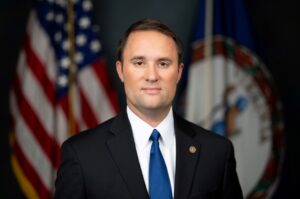by Joe Fitzgerald
It looks like 12 percent of people voting in Harrisonburg’s Nov. 8 City Council election cast a vote for only one of the four candidates instead of the two they could have voted for. But that number needs more asterisks on it than a home run record.
Single-shot votes are difficult to count. Count isn’t even the right word. Estimate, maybe. Guess, certainly. And although there were three local races, the same guesses and estimates don’t apply to all three, since one was for a single seat, one for two seats, and one for three seats.
All that means no exact numbers, but some clear trends.
One of those trends is that the city’s voters won’t vote against someone just because they’re Black. Nor will the electorate vote for someone just because the candidate is Black. There will be a three-person African-American majority on City Council come January 1, with one of them elected this year and one re-elected unopposed. But in the School Board race, two Black candidates lost, one of them an incumbent.
Each of the contests was apparently decided based on issues and personalities more than on race. We’re a century away from any southern city being color-blind, but this is as close as we’ll get for a while.
But if race wasn’t an issue, party was. Even without a race for Senate or president at the top of the ballot, the Democratic candidates won the city with almost two-thirds of the vote. The African-American candidates for City Council won with Democratic nominations, while the two running for School Board lost to three candidates endorsed by the Democratic committee.
That means the observation above about issues and personalities may be half-right. They mattered more than race, but less than party. That’s in keeping with my frequent claim about my political predictions and analyses: I’m right more often than anybody in the city and I’m wrong more often than I’m right.
Continue reading →

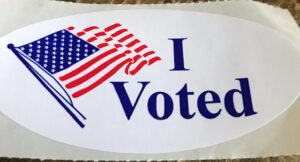
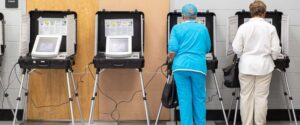 by Dick Hall-Sizemore
by Dick Hall-Sizemore